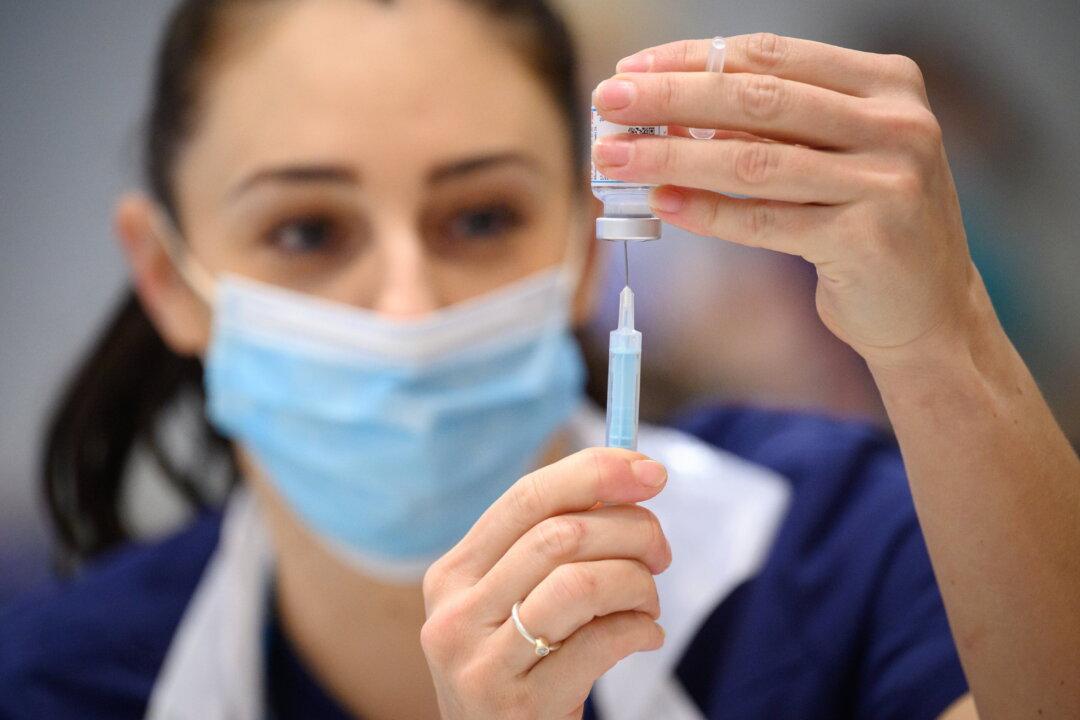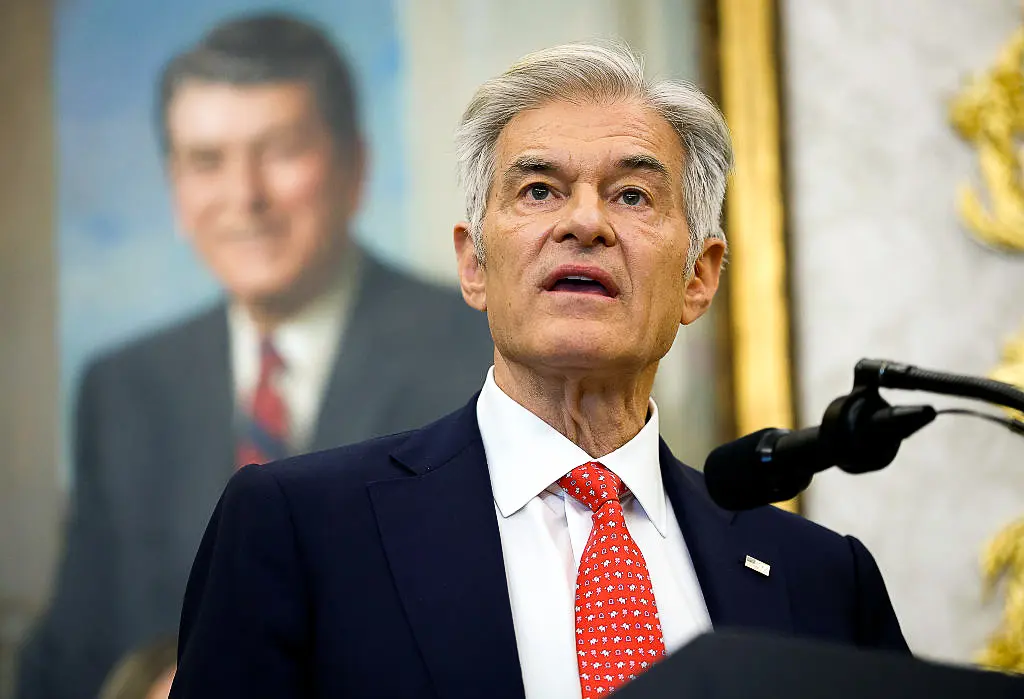The U.S. Centers for Disease Control and Prevention’s (CDC) advisory panel endorsed Moderna’s vaccine for children aged 6 to 17.
If the CDC signs off on the recommendation, it would mean both mRNA COVID-19 vaccines would be available to all Americans aged 6 months old and up.





